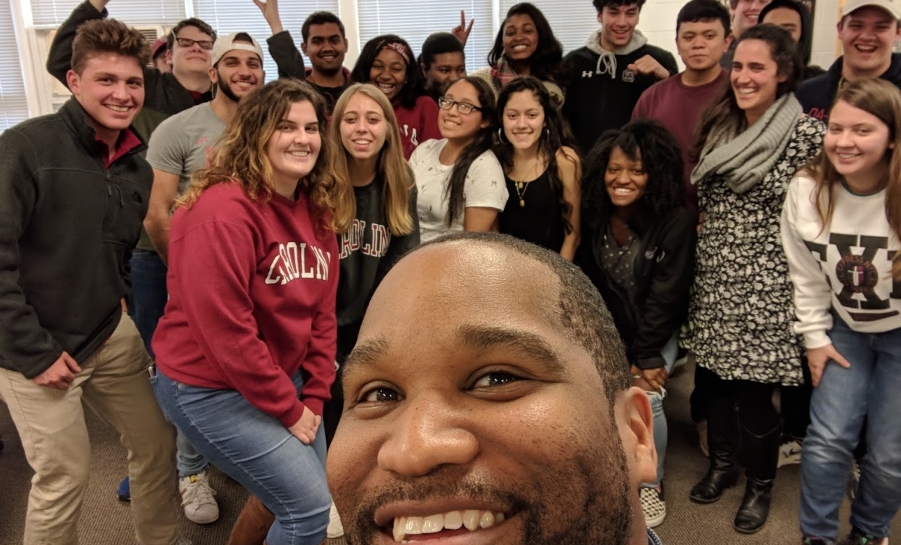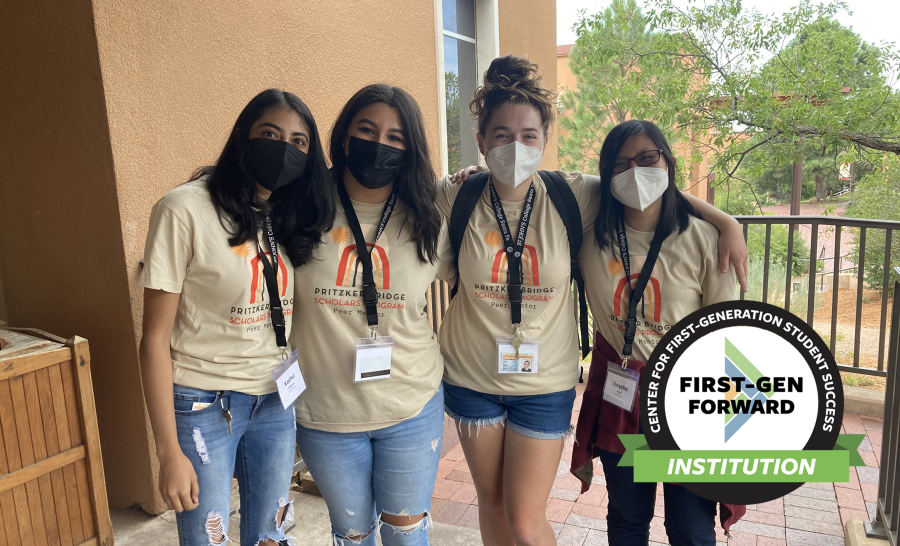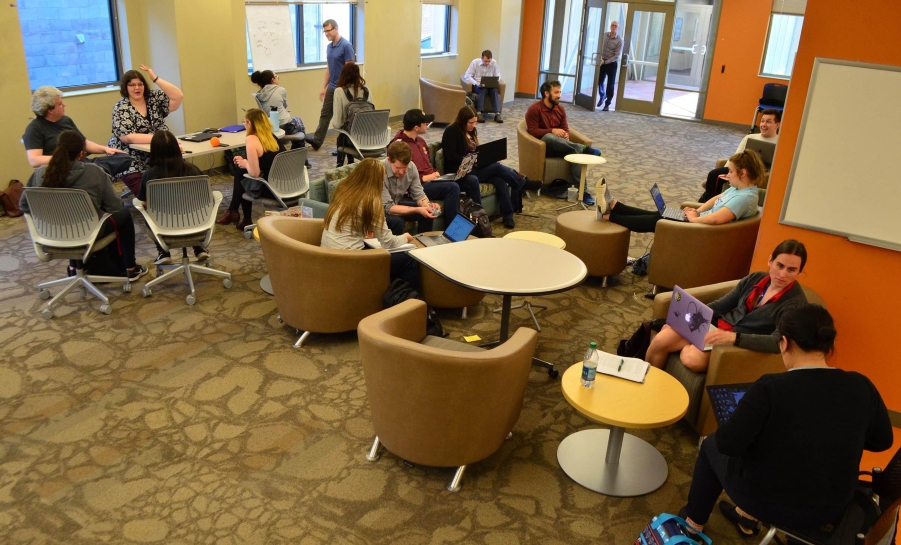The benefits of mentoring relationships for college students are well-established. For first-generation college students, mentoring can expand their cultural capital, grow their social networks, and introduce them to faculty or staff connections with the potential to benefit their careers. How can first-generation allies #AdvocateFirstgen to develop or grow mentoring opportunities for students on their campuses?
Conduct an institutional audit of mentoring programs.
Gather information from colleges, departments, student success centers, and student organizations to determine the types of mentoring programs currently offered. Mentoring offerings can range from formal matches with faculty members in a specific discipline to informal peer mentoring opportunities for members of a first-generation student organization.
The audit process may seem daunting, and there are various ways to collect the information needed. Designing and sending a survey to various departments and offices offers a convenient approach to reaching a wide audience; however, participation rates are often very low. While more time-consuming, scheduling a listening tour of colleges and departments offers the opportunity to connect with those managing the mentoring program and build a wider network of contacts interested in first-generation student success. Focus groups with participants of existing programs can be especially enlightening about the benefits and challenges.
Through this audit, it will be important to understand whether the mentoring program examples include eligibility criteria, participation requirements, and demographic information of student participants and whether this creates unintentionally gaps in opportunities for first-generation students. Reviewing disaggregated success data related to retention, persistence, or graduation rates may be helpful in determining if program adjustments need to be made to ensure that mentoring is inclusive and beneficial for all participants.
Research other institutions' mentoring programs
Many institutions’ websites outline eligibility criteria, participation requirements, and other details about their mentoring experiences. Capturing information about how peer and faculty/staff mentoring programs work at other institutions can inform creating new or refreshing existing experiences. Higher education professionals are generally willing to share the successes and challenges of their programs and an email or phone call can result in helpful information.
Review outcomes and success data
Asking for details such as eligibility criteria, participation requirements, and demographic information of student participants offers an opportunity to identify opportunity and equity gaps in mentoring programs. Reviewing disaggregated success data related to retention, persistence, or graduation rates may be helpful in determining if program adjustments need to be made to ensure that mentoring is beneficial for first-generation participants and not only continuing-generation students. Deep dives into data can reveal whether or not certain first-generation students are overserved due to participation in multiple programs with mentoring components while others lack any mentoring support.
Knowing the types of mentoring programs offered across the institution and the target audience for each equips first-generation students and their supporters to #AdvocateFirstgen if the information reveals that their needs are not being supported. This information can prompt conversations about the need to tailor marketing and recruitment strategies for first-generation students about the options available to them as well as the benefits. Compiling and disseminating a list of existing mentoring opportunities to faculty and staff members offers them the ability to share this information during their interactions with first-generation students.
What other ways can you #AdvocateFirstgen through mentoring opportunities? Let us know by tagging us @FirstgenCenter on social media and using #AdvocateFirstgen!






